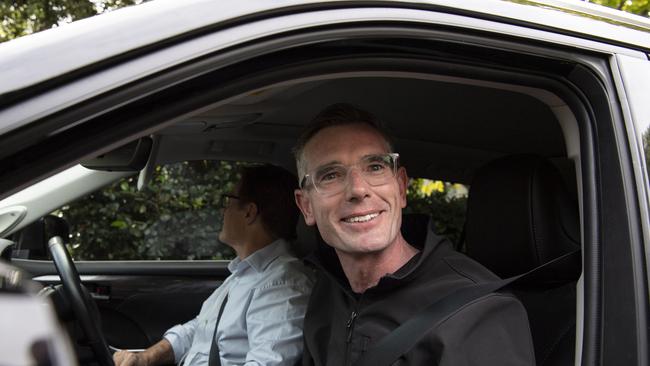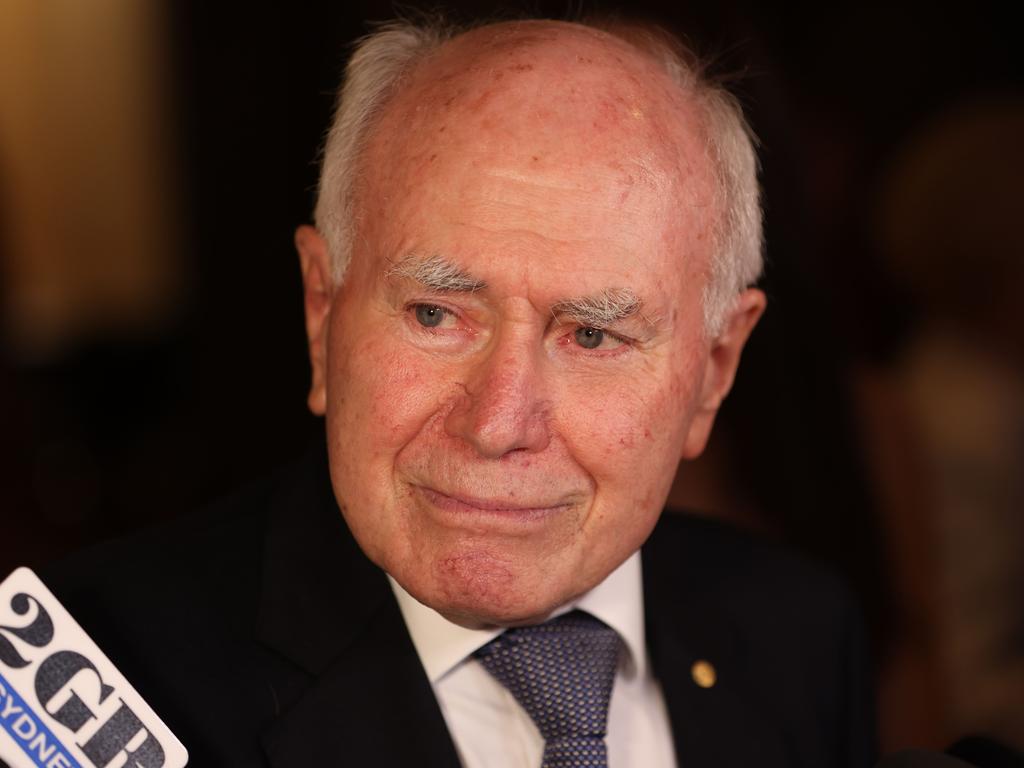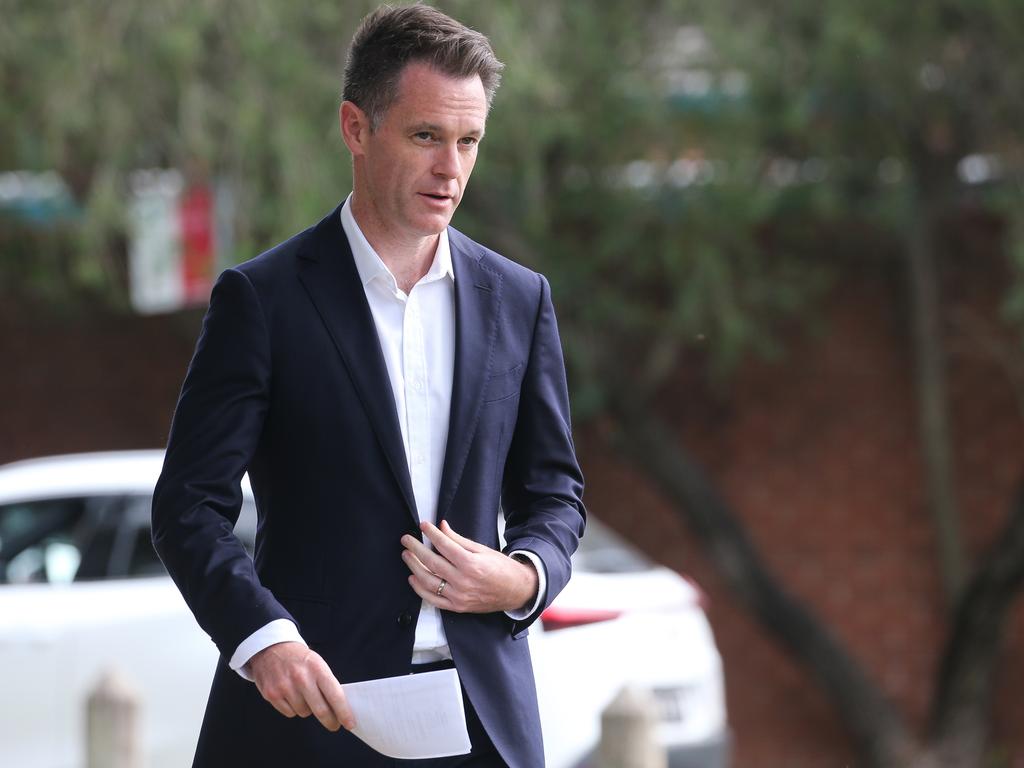
Let the navel gazing begin! Inevitably the state Coalition’s loss on Saturday night in New South Wales will lead to all manner of calls for party reform, factional blood letting, modernisation and improved gender representation.
To be sure, some such changes should happen. But political commentary does tend to over amplify problems when political parties lose, just as it ignores similar problems in victory. And those not part of the inner sanctum in defeat like to hype the significance of the loss.
When a short term government loses there is much to discuss. Equally, when a party languishes in opposition for longer than it should, navel gazing is overdue. But neither of these scenarios eventuated in NSW. In fact, they also weren’t on display federally last year when Scott Morrison’s government was defeated.
The primary reason for the Coalition’s defeat in NSW on Saturday was longevity in office. Having won three terms and governed for 12 long years, once Labor offered a viable alternative administration voters gave them a chance. It really is that simple. First time voters on Saturday were as young as six when the Coalition in NSW took office.
The same thing happened federally last year: a long term government’s time was up. After three terms – which federally constitutes nine years – voters were ready to take a chance on Anthony Albanese’s promised small target. They were no longer willing to re-elect the unpopular Morrison and paper over problems with his government. It’s a boring analysis but it’s the most accurate way to understand the result. Especially given Labor won with a narrow majority.
The hyperventilating that the commentariat engages in when simple changes of government occur is little more than hot air, designed to fill the airwaves and provide copy.
Sure, in NSW it probably didn’t help that the government cycled through four premiers and the latest one who was contesting the election dressed up in a Nazi uniform at his 21st birthday party. Throw in all the scandals and resignations of late, and after 12 years voters weren’t prepared to turn a blind eye the way they did after just one or two terms.
In the coming days and weeks, expect to hear cries that the Liberal Party’s future could be at risk. Or the Nationals’ constituency is shrinking and the regional party might not survive. Out of power across the mainland it’s time to panic!
This is all most likely bollocks. Australia’s two party system is one of the most robust party systems in the world. The pendulum will swing back, as it always has. Anyone who understands their political history has watched this pantomime before.
If the newly minted federal and state oppositions are clever they will reflect on their defeats, tinker to improve their chances next time, but not listen to a callow commentariat that thrives on the appearance of chaos even when it isn’t actually in play. Or shouldn’t be. Sometimes the cry of chaos can cause it when a more simple explanation was at hand.
That’s when the tail wags the dog.
I’m hearing all manner of claims that the Liberal Party risks leaving younger generations behind, isn’t using its EQ to tap into changing sentiments on social or environmental issues, and it’s neglecting small L liberals. This might all be true, but the Liberal Party has been doing much of this for years and it has kept winning elections.
The correlation with defeats this year and last (in NSW and federally) is stronger when understood simplistically: long term governments eventually lose. Don’t forget, federally the Coalition has been in power 20 of the last 26 years.
Victoria is different. There something is wrong with the state Coalition. A long term government littered with problems keeps winning precisely because something beyond the ebb and flow of the electoral cycle is at play.
Unless this happens elsewhere, in the years ahead Labor governments will also become long in the tooth and give way to acceptable alternatives. If short term governments lose, bucking the trend of the electoral cycle, then there really is something to analyse. If Labor administrations stay in power for longer than usual, as NSW Labor did between 1995-2007, or federal Labor did from 1983-1996, then the conservative opposition needs to take a long hard look at itself.
But these are exceptions that prove the rule.
More likely Labor governments federally and in NSW will accumulate barnacles then lose once they have had a fair go. Oppositions need to remain viable during this time so that they are well positioned to take advantage of that moment when it comes. Incrementally making changes before then to help.
There is little value misreading election results that reflect the ebb and flow of the electoral cycle to satisfy a need to panic for panic’s sake.
Peter van Onselen is a professor of politics and public policy at the University of Western Australia and Griffith University.







